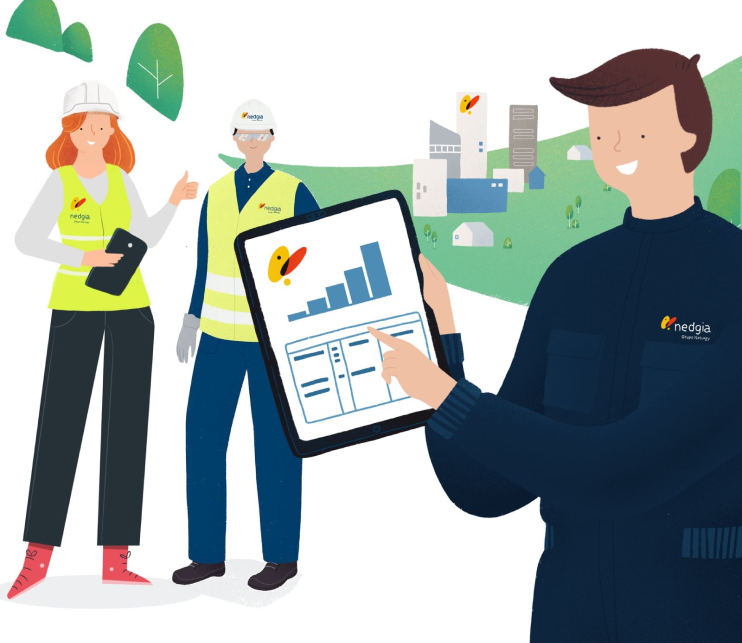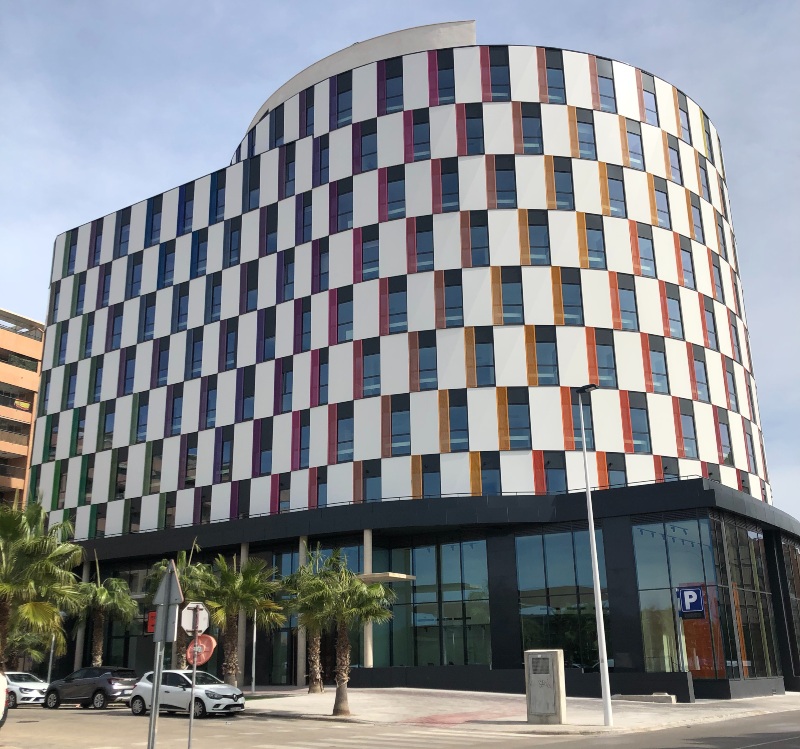NEDGIA Cegas, the Naturgy group’s gas distributor in the region, has connected to its distribution network the natural gas solution with microgeneration that the hotel has installed and that will enable them to generate hot water without any atmospheric emissions.
The NEDGIA Cegas Gran Consumo delegation has signed an agreement with Urbania, the developer that has encouraged the Bcome Patacona hotel in Alboraya (Valencia) to opt for natural gas as the solution for covering its energy needs.
The Naturgy group distributor in the Valencia Region and Urbania have installed a natural gas solution with microgeneration to produce electricity and hot water, with an annual natural gas consumption of over 1 Gwh a year. By opting for this efficient and sustainable form of energy, the hotel will help to improve air quality in the city, by taking advantage of heat recovery through microgeneration to generate hot water without any atmospheric emissions.
The new hotel next to Patacona beach in Alboraya, which was designed as an office building but remained unused for a number of years due to the property bubble, will finally become the biggest hotel in Valencia, with 442 rooms spread over 8 floors and 14,000 square metres of built space. The microgeneration solution with natural gas was chosen as the ideal complement for the hotel’s air-conditioning system due to its peculiar sinuous and circular design, because it enables electricity and heat to be generated together by adapting to the hotel’s structure.
Technology that functions with natural gas can currently meet the needs of all the services offered in hotel establishments, ranging from catering to heating, cooling, hot water and laundry services. This energy is an ally for the hotel sector as it is more economical, efficient and sustainable, thus increasing the sector’s competitive advantage over its competitors and improving the quality of the service provided to its customers.
About NEDGIA Cegas
NEDGIA Cegas, the Naturgy group’s gas distributor in the Valencia Region, has nearly 650,000 supply points in 200 municipalities, which means 87% of the region’s population has access to natural gas. Its principal assets are the nearly 9,150 kilometres of infrastructure that allow it to safely and efficiently supply natural gas today, and will also allow it to distribute renewable gas and hydrogen in the future. Innovation, proximity and customer service are part of its raison d’être, and characterise its activity.







